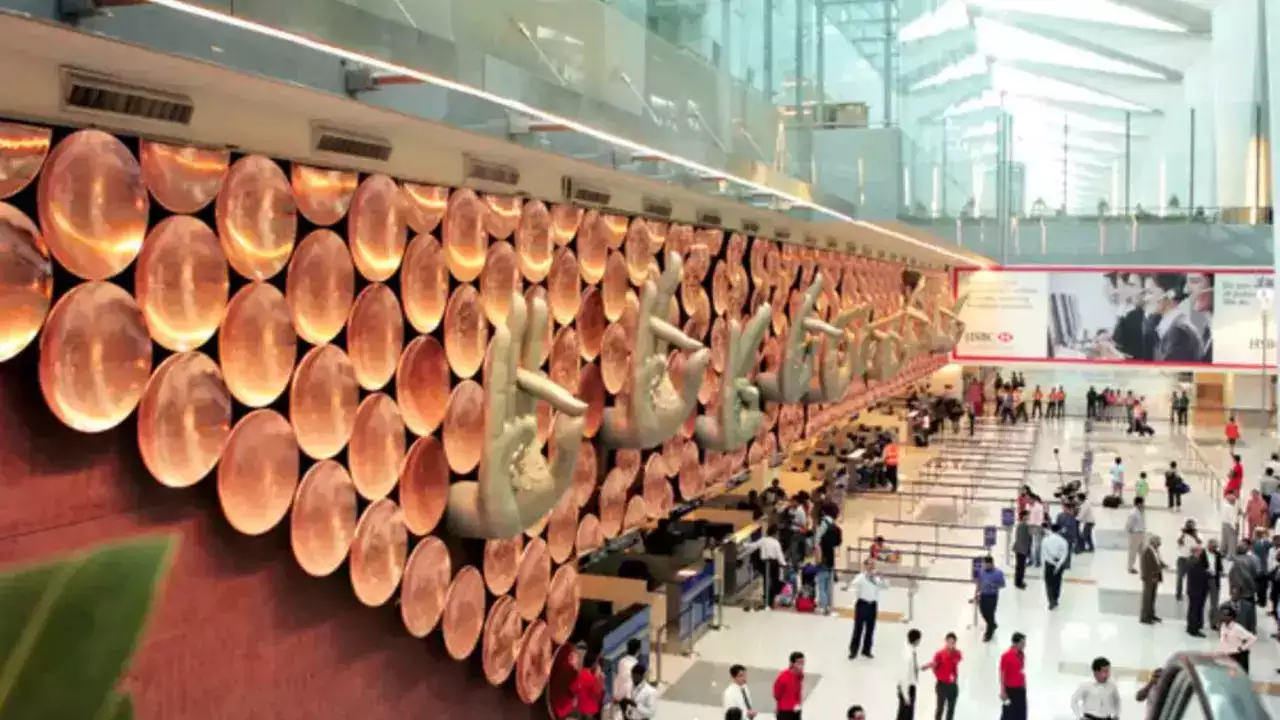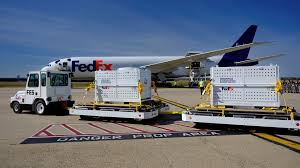India is in the process of developing a national policy to transform its airports into significant international hubs that offer convenient single-point international connectivity throughout the South Asian region. Pending cabinet approval, this policy will focus on streamlining security and immigration procedures at airports, allocating international flight rights, and constructing necessary infrastructure.

The objective is to enable airports like Delhi to become competitive transit hubs on par with prominent international airports such as Dubai and Singapore’s Changi Airport. Currently, a significant portion of Indian travelers bound for Europe and North America rely on foreign airlines and foreign hubs like Dubai, Abu Dhabi, and Doha. A government official stated that this is a significant revenue leakage for airlines and airports, hindering the growth of long-haul international traffic in India.
With Air India and IndiGo expanding their international traffic, the government is motivated to establish this comprehensive policy, streamlining collaboration among various ministries and facilitating consistent rule formulation.
Key components of the policy include revising security regulations for faster flight connections, reducing immigration wait times, and improving airport terminal connectivity. Identified challenges to smooth airport connectivity include the need to eliminate double security checks between domestic and international zones and addressing manpower shortages at immigration counters.











